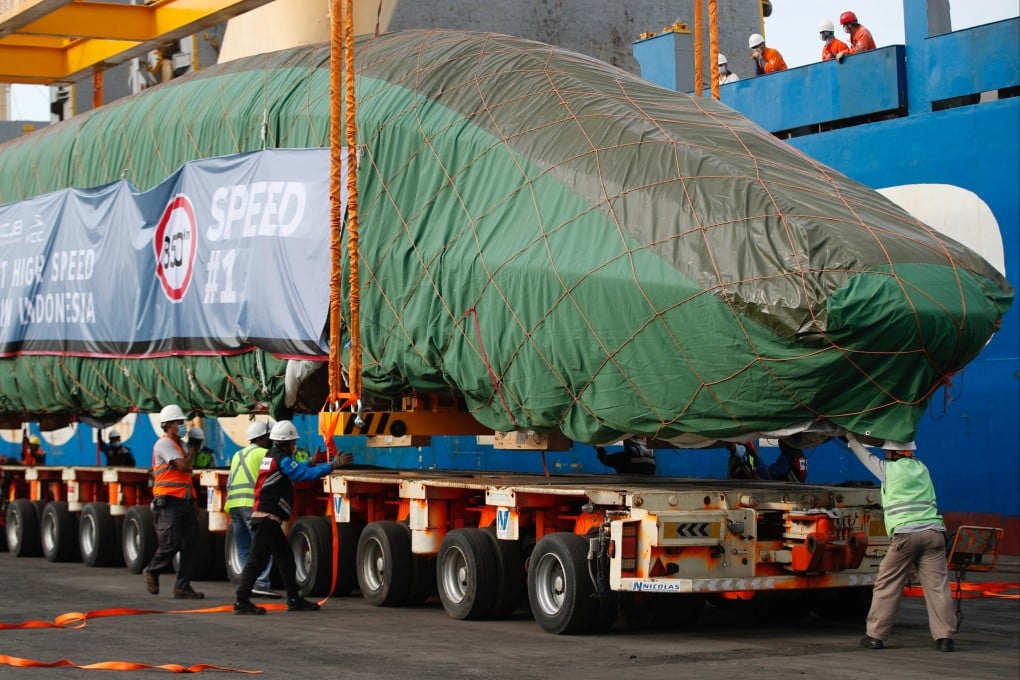Advertisement
Opinion | Sustainability drive will colour the belt and road green over the next decade
- From banning overseas coal projects and issuing green investment guidelines to reviving the ‘health silk road’, China is reorienting its ambitious infrastructure plan
- This emphasis on green economic drivers will future-proof the Belt and Road Initiative and make it greener in its second decade
Reading Time:3 minutes
Why you can trust SCMP

Last month, Chinese President Xi Jinping and leaders from five Central Asian nations gathered in Xian for the inaugural China-Central Asia Summit, where they championed mutual aid and common development. Many of the summit outcomes depend on the success of the Belt and Road Initiative, in which Central Asia plays an integral role, given its strategic location.
Advertisement
Indeed, the grand infrastructure plan was announced in Kazakhstan in 2013. During the intervening 10 years, the world has seen a pandemic and increasingly felt the effects of climate change. Instead of stunting the progress of the initiative, these events seem to have acted as a catalyst or, at the very least, an opportunity for change in its second decade.
That change is being driven by a quest for sustainability, mirroring the green leap in global infrastructure projects. This might just spur a remodelling of belt and road projects by Chinese state-owned enterprises (SOEs), though it will require a tremendous pivot. Over 95 per cent of cross-border investments by Chinese SOEs in the energy sector between 2014 and 2017 were in fossil fuels.
By the end of 2016, China was involved in 240 coal projects in belt and road countries, an unsurprising number given its status as the world’s largest coal producer. This is no criticism – the belt and road’s emphasis on coal is born primarily from a convergence of the demand in developing countries, where fossil fuels are more affordable and dependable alternatives to renewables, and China’s surfeit capacity.
Yet, the latest signs regarding a belt and road reorientation have been positive. In an address to the United Nations General Assembly in September 2021, Xi pledged that China would not build new coal-fired power plants overseas.
Advertisement
Additional guidelines issued by China’s commerce and environment ministries in January 2022 called on private organisations and SOEs to apply international or Chinese environmental standards to overseas projects where the host nation proves remiss or insufficiently committed in that respect. Though merely guidelines, they represented a radical shift from the status quo and were a positive sign.

Advertisement

